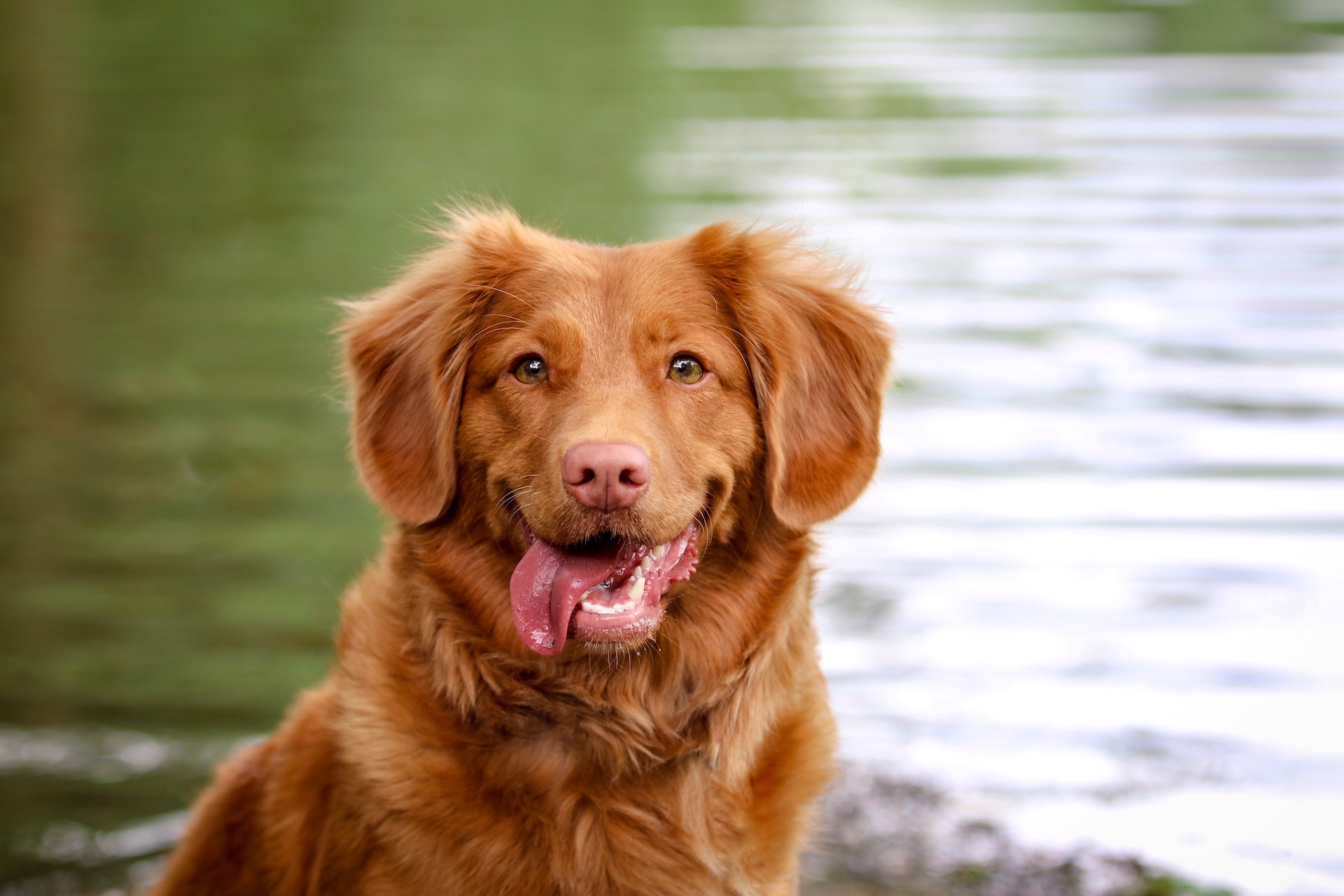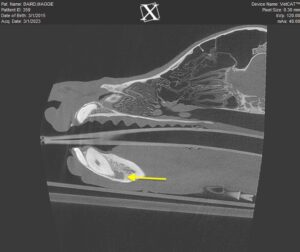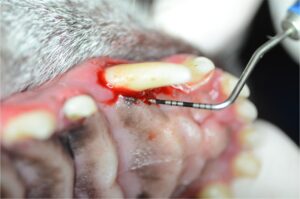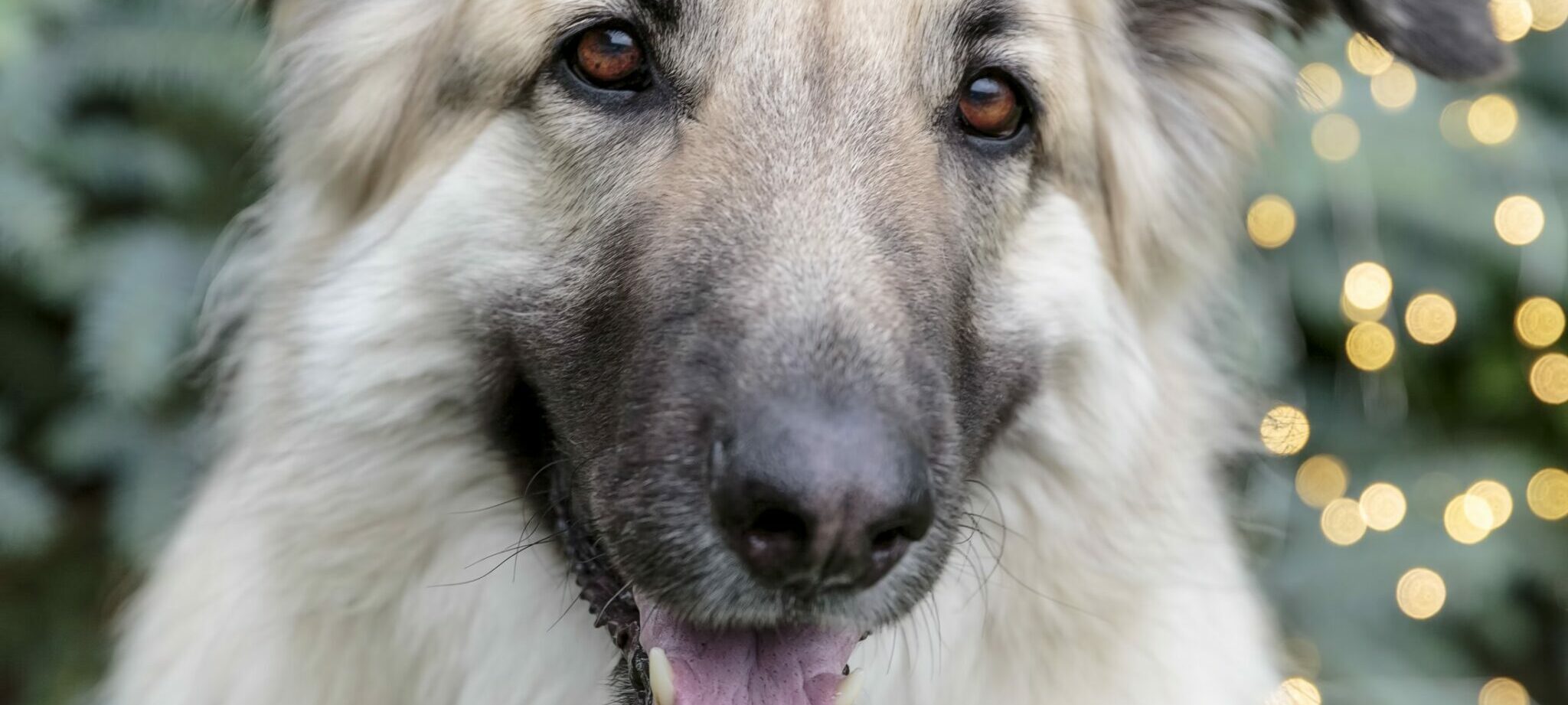
14 Jun Do I Need To Have My Dog’s Teeth Cleaned Annually? 6 Reasons Why You MUST!
Proper dental care is essential for the overall health and well-being of our canine companions. While regular brushing at home is beneficial, it is equally important to have a dog’s teeth professionally cleaned by a veterinarian or a veterinary dentist annually.
Additionally, starting anesthetic dentistry at a relatively young age, around 1 to 1 1/2 years, can help prevent various oral health issues and maintain a dog’s oral hygiene. In this blog, I will explain the importance of professional dental cleanings and early anesthetic dentistry for dogs, providing references to support the information.
Why Dogs Need Annual Teeth Cleanings
Prevention of dental diseases
Annual teeth cleanings help prevent dental diseases such as periodontal disease, gingivitis, and tooth decay in dogs. These conditions can cause pain and discomfort, and lead to serious health complications. According to a study published in the Journal of Veterinary Dentistry, periodontal disease affects 80% of dogs over the age of three, making it one of the most prevalent health issues in dogs. That’s 8 out of 10 dogs…one can’t avoid such a large percentage! Professional cleanings are necessary to remove plaque and tartar buildup, reducing the risk of these diseases.
Early detection of dental issues
Dental cleanings performed under anesthesia allow the veterinarian to thoroughly examine the dog’s oral cavity, teeth, and gums. This enables early detection of dental issues such as fractured teeth, oral tumors, or abnormalities. Early intervention can prevent the progression of these problems and potentially save the dog from more invasive and costly treatments later on. Many veterinary peer-review articles state that regular dental examinations allow for early detection of oral tumors, leading to better prognosis and outcomes.
Removal of tartar and plaque
Despite regular brushing, some areas of a dog’s mouth are difficult to clean properly without professional intervention. Tartar and plaque can accumulate on the surface of teeth and below the gumline, leading to bacterial growth and potential infection. Professional cleanings involve scaling to remove these deposits, promoting better oral health. The American Veterinary Dental College (AVDC) recommends professional scaling and polishing for dogs, especially when subgingival plaque and tartar buildup is present.
Don’t forget to “check under the hood”! Dental x-rays +/- Cone Beam CT is a MUST!
While cleaning above and below the gumline is necessary, 60% of the tooth is below this line. Tooth root abscesses, early tooth death, root and tooth resorptions, as well as bone loss can only be detected with dental radiographs.
Cleaning teeth without a comprehensive radiographic evaluation is similar to taking your car to a car wash and claiming your engine is all good! How would you know unless you had those images taken and interpreted properly? Annual dental imaging is a MUST. This is another reason why it is important to not skip annual anesthetic dental procedures.

Cone beam CT showing a diseased apex of the tooth (yellow arrow). This lesion can only be detected with advanced imaging and not the naked eye.
Prevention of regional and systemic diseases
Dental diseases in dogs can have far-reaching effects beyond the oral cavity. Bacteria from oral infections can enter the bloodstream and cause infections in vital organs such as the heart, liver, and kidneys. Annual teeth cleanings help reduce the risk of these systemic diseases in dogs.
Regional periodontal disease can be devastating. Broken mandibles secondary to bone loss are seen quite frequently at YPD Nashville. In addition to broken mandibles, a serious condition called ‘oronasal fistula’ can occur due to advanced disease on the upper (maxillary) canine teeth that then causes an opening directly to the nasal cavity. If your dog has significant oral disease and sneezes a lot, this can be a hallmark sign of an oronasal fistula (ONF)!

Dental probe extending into nasal cavity (oronasal fistula)
Improved overall well-being
To me, this is the easiest and most understanding point of all. Dogs with healthy teeth and gums are happier and more comfortable. Dental issues can cause pain, difficulty eating, and behavioral changes. Annual professional cleanings help maintain good oral hygiene, leading to improved overall health and well-being. Additionally, maintaining healthy teeth and gums can extend a dog’s lifespan. A study published in the Journal of Veterinary Dentistry reveals that dogs with good oral health tend to live longer than those with dental diseases.
Dog Teeth Cleanings in Nashville, TN
Annual professional dental cleanings for dogs performed by a veterinarian or veterinary dentist are crucial for maintaining good oral health and preventing dental diseases. Starting anesthetic dentistry at around 1 to 1 1/2 years of age allows for early detection and intervention, ensuring long-term oral well-being. Regular cleanings remove tartar and plaque, prevent systemic diseases, and improve the overall health and happiness of our furry friends. Do you want your pet to live longer and healthier? It’s in your court to help make this happen.
Barden Greenfield , DVM, DAVDC Your Pet Dentist of Nashville
Images used under creative commons license – commercial use (6/14/2023). Photo by Laula Co on Unsplash


